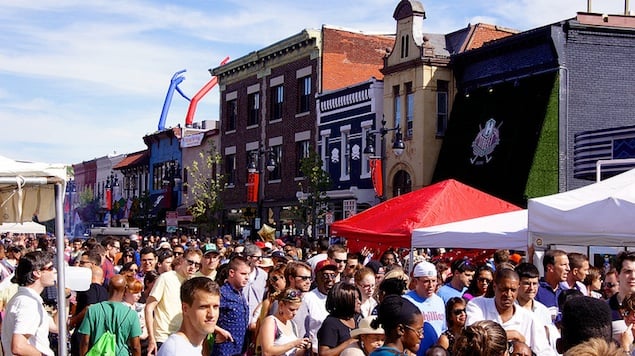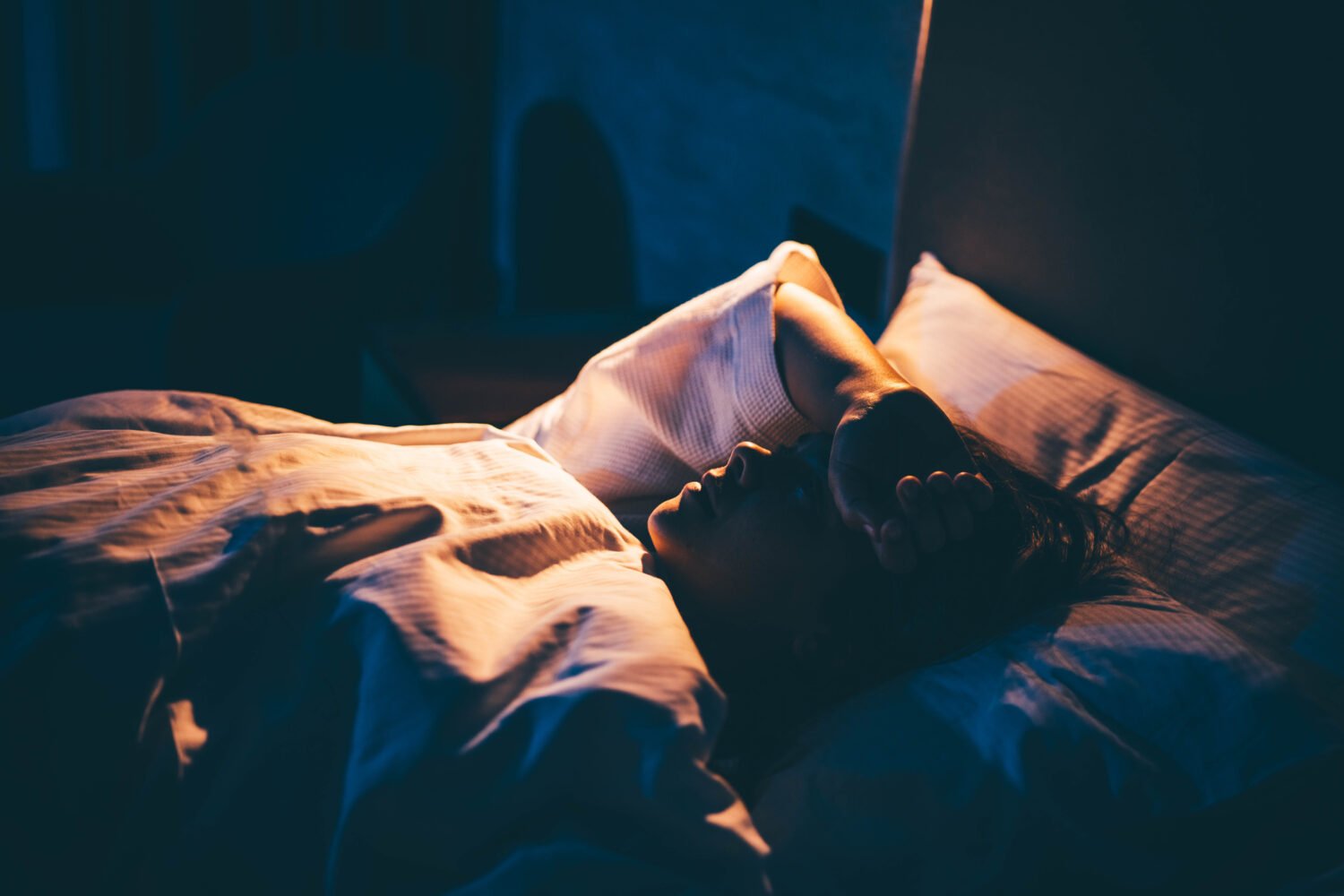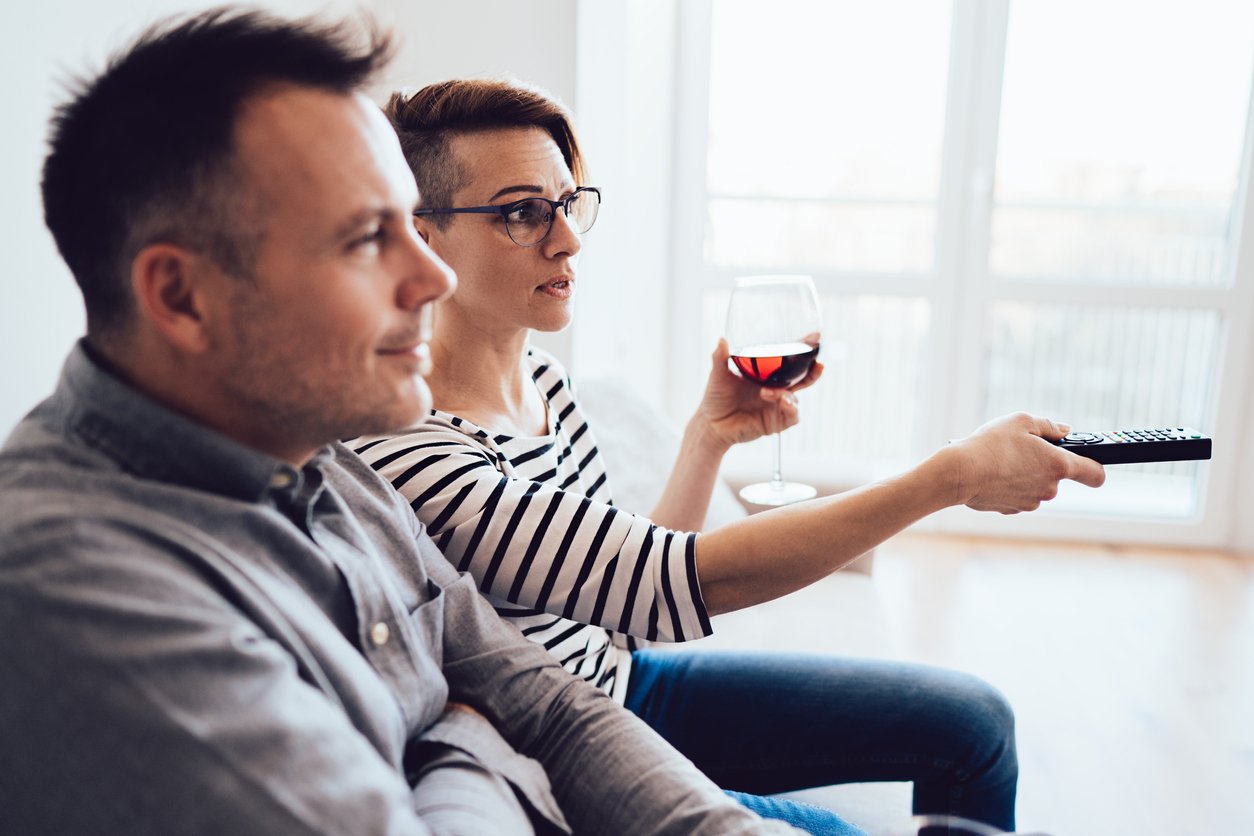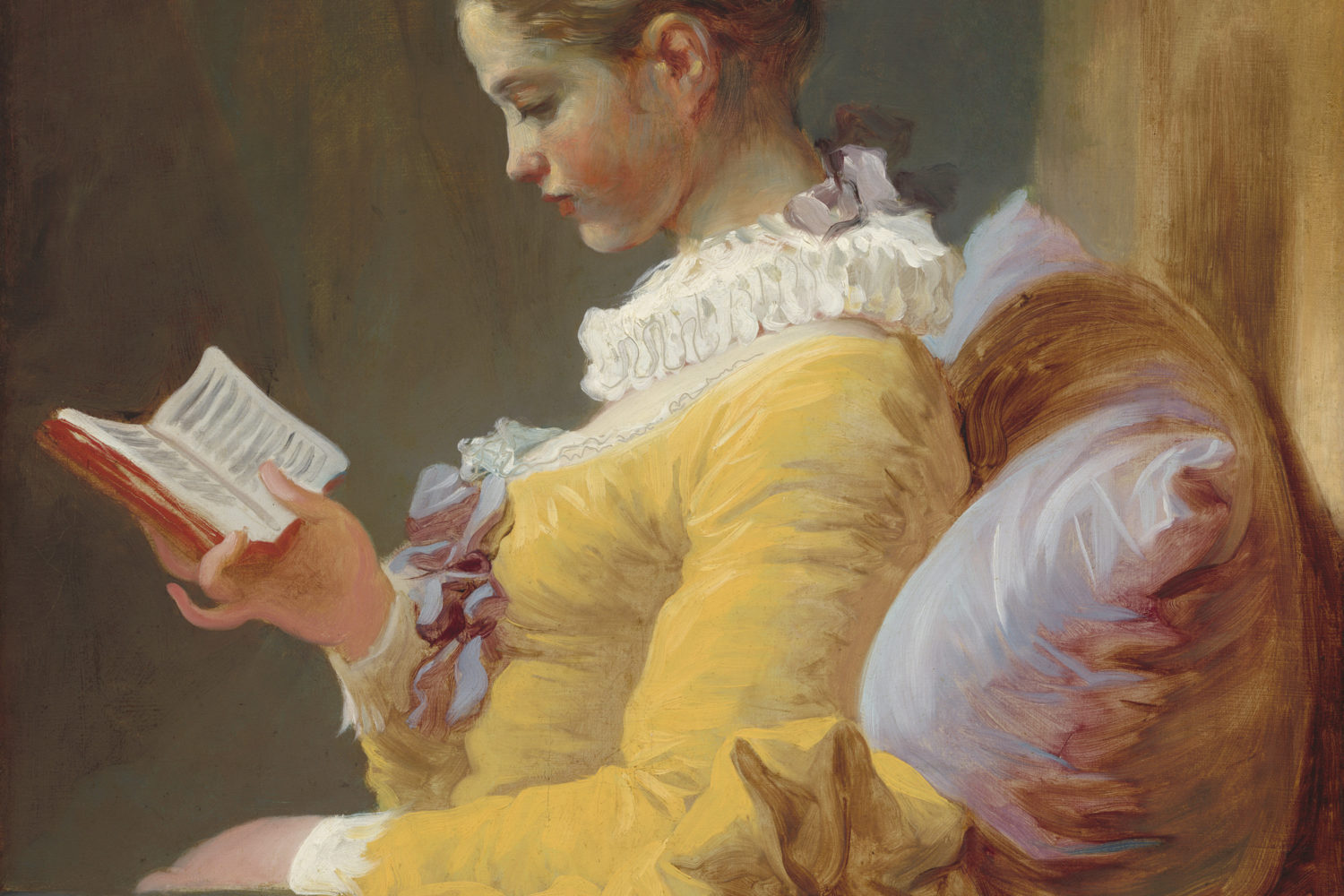As we venture out of our domicile caves and back into the real world, vaccine cards in hand, there seems to be a phenomenon affecting not just introverts, but their extroverted kin as well. Crowded activities that once brought a sense of excitement and joy now elicit sweaty palms, racing heartbeats, and an overall sense of dread.
Think you’ve developed agoraphobia after a year and a half of being a shut-in? Probably not says Priscilla Dass-Brailsford, an associate professor at Georgetown’s School of Medicine who studies the psychological effects of trauma. Rather, what most people are experiencing is a trauma response from living through the horrors of the past year, either through a residual fear of infection from others, or general social anxiety due to isolation-obliterated interpersonal skills.
Dass-Brailsford says there are steps people can take to make this reentrance into crowded society less miserable. Her first suggestion: take it slow (if you can). Don’t go from having your cat as your only companion to chumming it up at a Nats game. Instead, think about starting with a dinner party, then maybe an evening at a crowded bistro, eventually working your way up to stadium-sized crowds. “Mindfulness and being patient and kind with yourself is going to be important with dipping our toes back into the water again,” Dass-Brailsford says.
But what about those situations where the throngs are unavoidable? What are you supposed to do when, after leaving a quiet Georgetown boutique, you find M street packed shoulder-to-shoulder with tourists and college kids? “If you find yourself in that situation and start feeling anxious, start to do some self talk,” Dass-Brailsford says. “Ask yourself, ‘What’s going on? Why am I feeling this way? Maybe I need to give myself a break and sit on a park bench.'”
It will take some time for people to readjust, but it won’t last forever. Dass-Brailsford says repeated exposures to crowds with positive outcomes like having a good time and not getting sick will help alleviate those anxieties long-term, though how long that will take varies for each person. For some, those fears seem to have already dissipated. “I was out this weekend and it’s like Covid never happened,” Dass-Brailsford says. “Everyone was out and partying. We’ve lost a year and a quarter and it’s amazing how people have just blanked it out.”



















